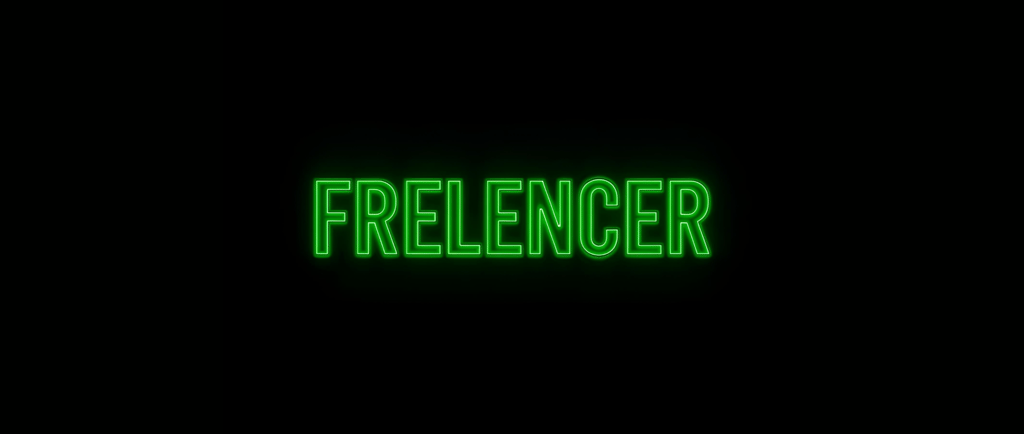What I’ve Learned About Working as a Freelancer: advantages, challenges, and keys to success
In this blog, I share my experience working as a freelancer, exploring what it really means, its advantages and disadvantages, and how to handle this type of work effectively and responsibly.
Jonathan Nieves
8/31/20252 min read


What I’ve Learned About Working as a Freelancer: Advantages, Challenges, and Keys to Success
I wanted to talk to you about a topic that many see as a dream and others as a risk: freelance work. I’ve experienced it firsthand, and I want to clearly explain what it means, its advantages and disadvantages, and how I manage it in practice.
What Does It Mean to Be a Freelancer?
Being a freelancer means working on your own, offering your services to different clients without being tied to a permanent job. There are no bosses or strict schedules (though you must meet commitments), and you can choose the projects you want to take on.
In short: it’s freedom, but with responsibility.
Advantages I Love
Flexibility: You can organize your day, set your own hours, and work from wherever you want. For me, this means dedicating time to personal projects or learning new skills while still generating income.
Variety of Projects: You’re not limited to a single company or industry. Each client brings new challenges and experiences that expand your knowledge.
Income Potential: Your earnings depend directly on your effort, skills, and strategy. If you know how to organize yourself and sell your services well, you can earn more than in a traditional job. And believe me, after working my whole life in companies, adapting to the fact that your income depends directly on your effort is something I’m still getting used to.
Personal Development: As a freelancer, you learn to manage clients, negotiate rates, solve problems, and sell your ideas. There are no shortcuts: every achievement is yours. Knowing how to present and “sell” yourself is, I’d say, 70% of the job. You need to understand that the client sees you as a person, not a company, which can initially lower their confidence. You have to earn their trust so they decide to work with you.
Challenges You Need to Know
Variable Income: There isn’t always a steady flow of money. Some months are very good, others slower. This requires planning and a financial cushion.
Full Responsibility: Everything depends on you: finding clients, delivering on time, managing invoices and taxes… No one is there to cover you if something goes wrong.
Lack of Traditional Benefits: Health insurance, paid vacation, or retirement plans aren’t included. You have to plan for these on your own.
Solitude and Discipline: Working alone can be hard. Motivation, organization, and discipline are key to staying on track.
What I Apply
At Issimus and in my freelance work, I’ve learned to balance freedom with structure. I set clear goals, plan my projects, and keep a financial buffer for slower months. I don’t let flexibility turn into procrastination.
In the end, being a freelancer is like running your own business: you are your boss, your team, and your motivator at the same time. The key is to stay organized, be consistent, and learn how to effectively sell your work.
For me, the advantages outweigh the disadvantages, because freedom and personal growth are not achieved in a traditional job. But it’s not for everyone: it requires discipline, patience, and the willingness to take on challenges.
Contact Us
Forms
Email: info@issimus-automation.com
Phone number: +1 (939) 865-2727
© 2025. All rights reserved.
